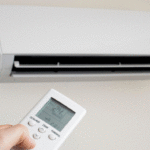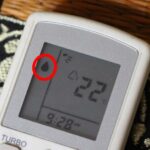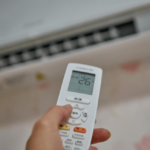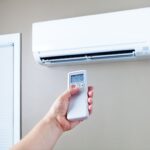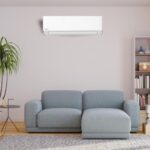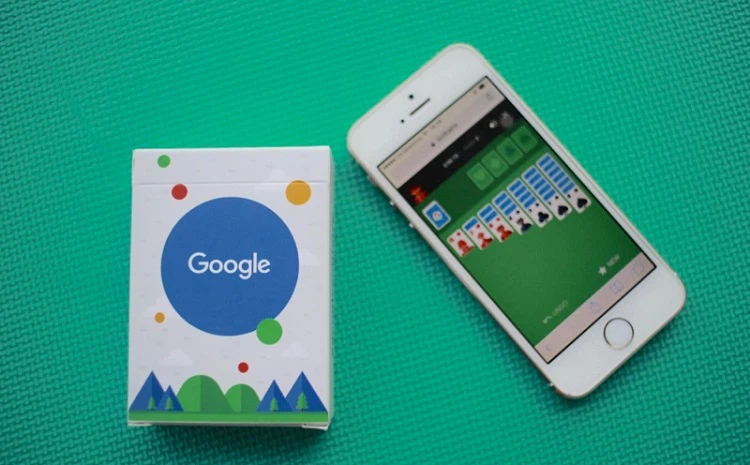What is the most energy-efficient temperature for air conditioning at night?
Many people believe that setting the air conditioner to a higher temperature saves energy, so they often set it to 29–30°C at night. However, this notion is incorrect.
In reality, whether setting your air conditioner to 28, 29, or 30°C saves energy depends on the indoor temperature compared to the outdoor temperature, and we will have different answers.
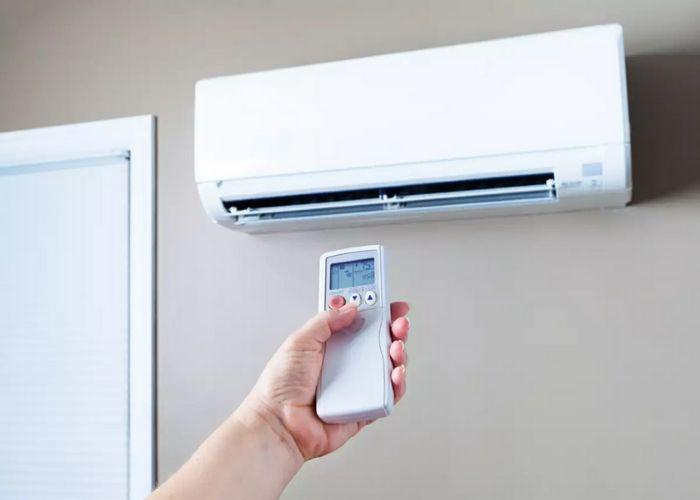
Experts suggest that air conditioners are most effective when the temperature of the condenser is below 48°C and the room temperature is 19°C or higher. The most energy-efficient setting is when the indoor temperature differs from the outdoor temperature by 6 to 10°C.
For example, when the outdoor temperature is 40°C, setting your air conditioner to 30°C will save energy while still providing sufficient cooling. If you set it to 25°C, the air conditioner will have to work at full capacity, definitely consuming more energy.
If the outdoor temperature is only around 30–35°C, you should set your air conditioner to a temperature between 26–28°C to save energy. Setting it to 30°C will cause the compressor to turn on and off continuously, and each time it starts up, it will consume a significant amount of electricity, resulting in higher energy consumption.
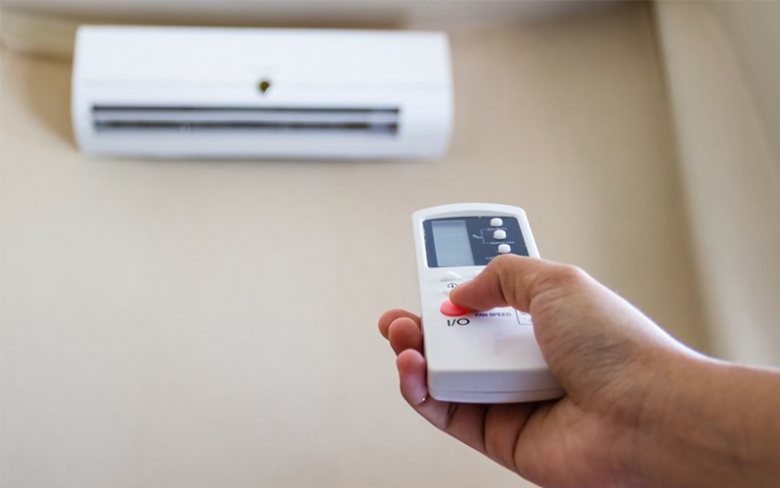
Additionally, at night, it is advisable to use the Sleep mode to protect your health and save energy. This is because when you set the Sleep mode, after about 30 minutes or an hour, the temperature will automatically increase by 1°C, and then continue to increase to 2°C, and then maintain that temperature.
That means if you set it to 26°C before going to sleep, after half an hour or an hour, the air conditioner will increase it to 27°C. And after about two hours, it will increase by another 2°C, balancing the temperature with the outdoors, so you won’t feel cold in the middle of the night (as temperatures tend to drop at night), helping you sleep better and deeper, while also saving a significant amount of energy.
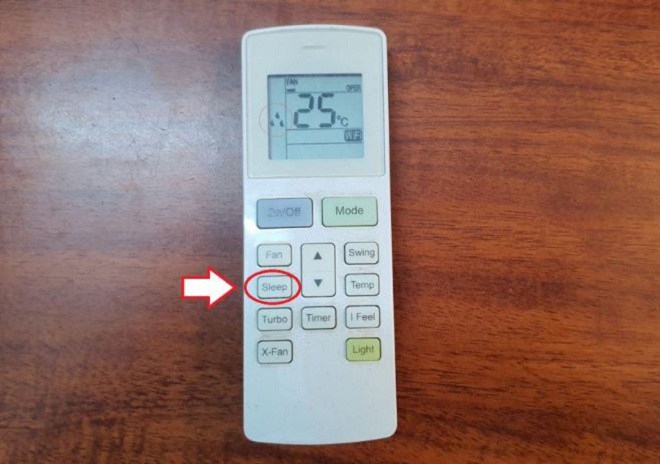
Some tips to save energy when using air conditioning
– Choose an inverter air conditioner if you use it frequently, and make sure the capacity matches the room size. Too large a capacity will waste energy, and too small a capacity will not provide adequate cooling.
– Install the outdoor unit in a well-ventilated area because high temperatures will increase the current of the compressor.
– Do not leave the air conditioner on continuously for 24 hours, as this can reduce its lifespan and increase the risk of electrical faults, fires, or explosions.
– Using a fan with the air conditioner can significantly save energy.
– Avoid frequently turning the air conditioner on and off.
– Minimize opening the room door to reduce heat exchange between the room and the outdoors.
– Regularly clean and maintain your air conditioner; it is recommended to do so every six months.
– Turn off the air conditioner 30 minutes before leaving the room to make the most of the remaining cool air.
– Avoid setting the temperature below 20°C, as a significant temperature difference between the indoor and outdoor environments can be harmful to your health and increase energy consumption.
The Air Conditioner Conundrum: Why the “4 Don’ts and 3 Do’s” Rule is a Must for Buyers
“Through trial and error, I’ve learned the hard way that you can’t always trust the salesperson’s pitch when it comes to air conditioners. Over time, I’ve had to replace three units due to my inexperience. From now on, I’ll be following the “4 No-Buys and 3 Must-Buys” rule when purchasing air conditioners to ensure I make the right choice.”
























